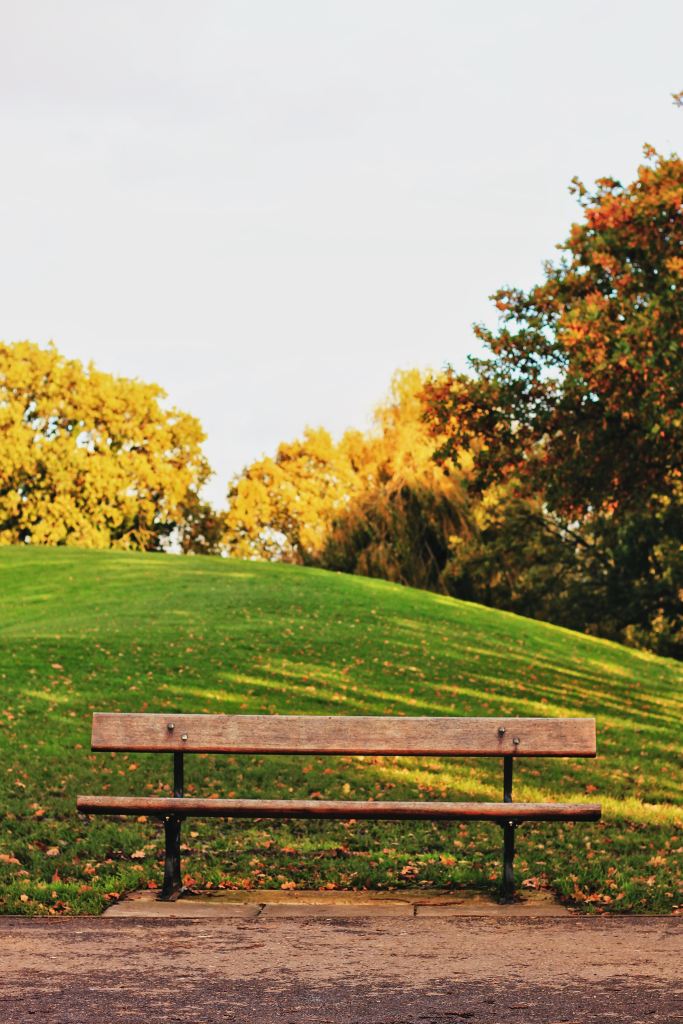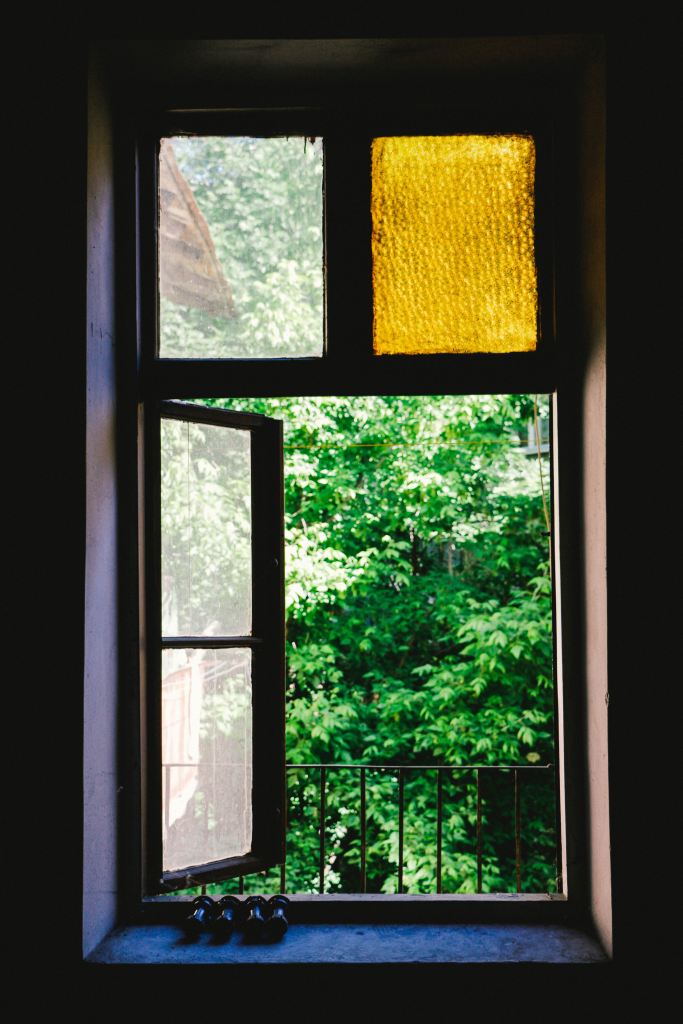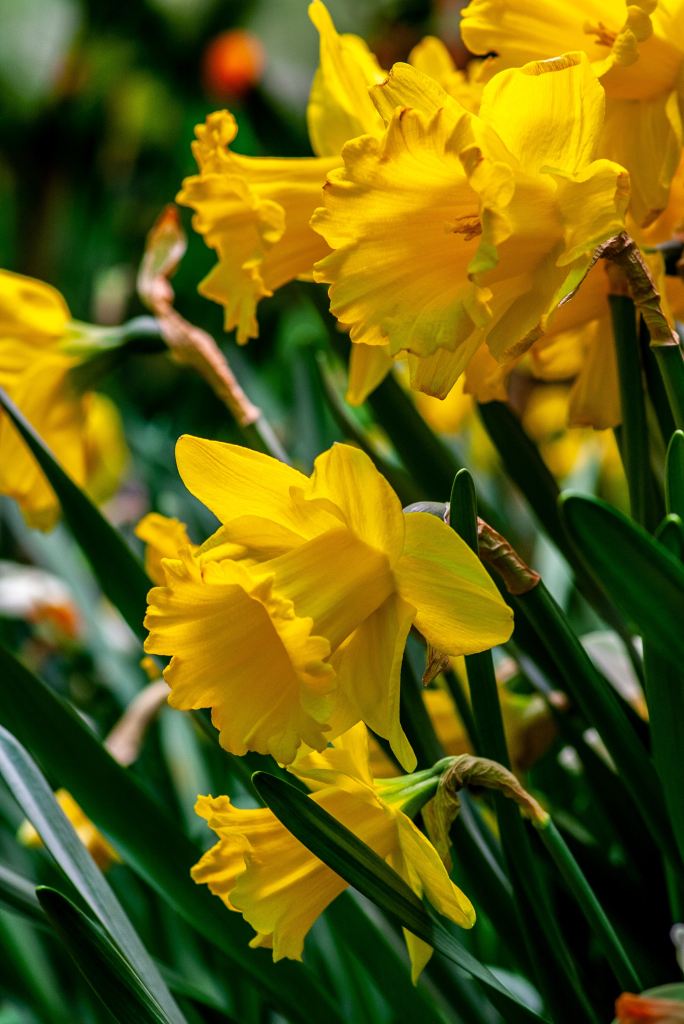
By Mary White
Finding myself increasingly in environmental activist spaces online during the last five years, I have noticed an identity crisis of sorts around the question “do I count as a ‘nature person’?” “Well,” I would think, “I care a huge amount about nature! I care about the planet and its ecosystems and the people who live here and want to preserve the earth’s beauty in all its forms. I look at the trees in the park when I walk my dog and think how beautiful they are. I love sticking my head and shoulders out of my bedroom window and feeling the cool breeze on my skin”. But deep within me, I held doubt.
I’ve never been someone to go on long hikes. I don’t camp. In general, I don’t spend a huge amount of time “in nature”. You see, I’m not the most athletic person in the world, I don’t enjoy being physically uncomfortable, and long periods of time without a loo break and the opportunity to rest make me anxious! This is something that has got worse since I have become (invisibly) disabled and so, although I am in awe of the beauty and majesty of national parks, forests and mountains when I do visit, I don’t prioritise spending time there very frequently. And this has led to a lot of impostor syndrome! Can I really say I care about the planet and the climate crisis if I don’t prioritise spending time in nature? Does it reflect badly on me that I do not? And most importantly, can I feel that I am a “nature person” if I don’t do these things, and do you have to be a “nature person” to care?
Taking the Becoming a Force of Nature course earlier this year made me realise the importance of this internal battle. If I was having these thoughts and feelings, it’s likely other people are too. And it’s not just an issue of identity; whether you feel you belong within nature and environment-focused spaces can be the difference between whether or not you use your vote to support a more climate-positive political party. It could influence whether you divest your bank account and pension from a bank that supports the fossil fuel industry. It could be the make or break that influences a person’s choice to become an activist fighting the climate crisis. This is important.

It is difficult to be a “nature person” in the UK in 2023. There are a huge number of factors that dictate whether you are willing and able to spend time in nature in a more traditional sense. Activities like hiking and camping, cycling, and wild swimming require varying levels of physical fitness, mobility, equipment, and confidence. We are also, often, physically disconnected from large areas of natural space for reasons as varied as land restrictions, public transport issues, and urbanisation. Many of us live in cities with limited access to “the great outdoors”, or, as in my case, on housing estates surrounded by farmers’ fields as far as the eye can see; the amount of organisation, time, and transport required to even get yourself to a national park can be an intimidating and often impossible undertaking for someone who has paid or unpaid work responsibilities or mental health or executive function challenges. We may not feel safe spending time in nature. Or we may simply have other things in our life that we prioritise more highly. The world we live in now is simply not set up for the average person to interact with nature in a traditional sense on a daily, weekly or monthly basis, and so it can become difficult to identify with those who are able to.
Identity is all about belonging, and much of the feeling of belonging rests on what you can see and what is talked about. If you don’t fit the predominant aesthetic of a group, it is easy to feel like you don’t belong there. This has historically been the case with people of colour (POC) in climate spaces, and although movements like intersectional environmentalism and an increasing respect for indigenous knowledge are beginning to change this, it is still a problem. Not fitting the physically fit, outdoorsy, scientist image of someone who is “into” nature will disproportionally affect marginalised groups: people who are disabled, neurodivergent, in poverty, or the queer and POC communities who are more likely to face systemic harm. When we imagine that only one type of person advocating for environmental and nature-based issues, we miss out on all the beautiful diversity these voices can bring.
Am I saying people don’t need to spend time in nature? Certainly not! Studies have shown that time in nature is integral to our wellbeing, and, I believe, to our sense of self too. However, we need to learn to talk about this in a way that is not exclusionary of the people whose “time in nature” doesn’t look like you would typically expect, whether or not that is out of choice.

Do you enjoy feeling the sun on your face, or listening to the rain? Do you love the way the leaves on the trees turn a multitude of fiery hues in the autumn, or the joy of new life when the daffodils come out in spring? Do you love houseplants, even though you can’t seem to keep them alive, or put out a bird feeder and watch all the different kind of birds that thrive there? Do you enjoy watching David Attenborough documentaries, playing nature-based cozy video games or watching calming videos of forest walks on TikTok? Do you try to reduce your impact on the planet? Whether or not any of things are true individually, it is whether you care that makes the difference. And that care can take up space: within your life, within communities, within climate spaces, and within governments. Because the truth is, people are intrinsically linked to their environment. People care.
Myself, I have come to terms with feeling like a “nature person” in, perhaps, a more non-traditional sense and realised that if you feel like a “nature person”, it probably means you are one! But more importantly, you don’t have to be a “nature person” to care about the world around you and your environment. Whatever your community is, whatever your sphere of influence, you can find ways of feeling connected to nature. You can take action and have an impact. And we need you.
